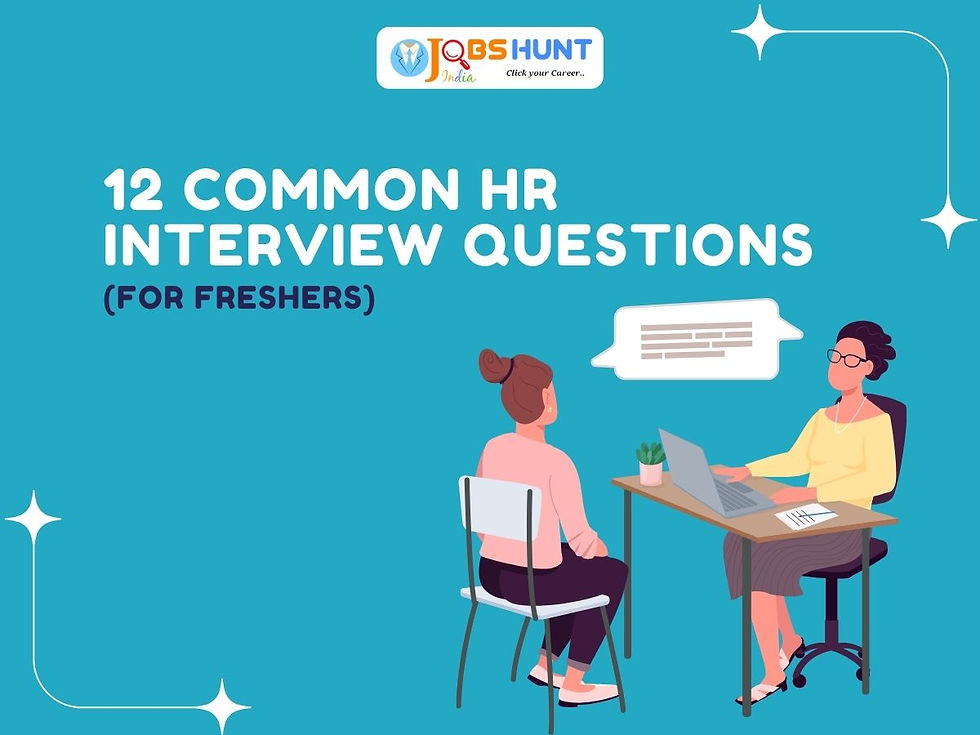CV vs Resume Which Is Better for a Fresher?
- Harshitha Perala

- Feb 13, 2024
- 2 min read
Updated: Feb 29, 2024

CV vs Resume
Introduction:
As freshers step into the professional arena, the choice between a CV (Curriculum Vitae) and a resume becomes a crucial decision in presenting their qualifications and experiences. Each document serves a distinct purpose, and understanding the differences can significantly impact job applications. In this blog, we'll explore the distinctions between a CV and a resume and discuss which might be more suitable for a fresher.
1. CV – The Comprehensive Overview:
- Purpose: A CV is an in-depth document that provides a comprehensive overview of your educational background, research, publications, and academic achievements.
- Length: CVs tend to be longer and are not limited by page constraints. They can span several pages to encompass detailed information about academic pursuits.
- Suitability for Freshers: While CVs are common in academia, research, and certain international job markets, they might be overly detailed for entry-level positions.
2. Resume – The Concise Snapshot:
- Purpose: A resume is a concise document tailored for specific job applications, focusing on relevant skills, experiences, and achievements.
- Length: Resumes are typically shorter, ideally one or two pages. They require precision in selecting key information to showcase your qualifications effectively.
- Suitability for Freshers: Resumes are often the preferred choice for entry-level positions in various industries. They allow freshers to highlight their education, skills, and any internship or project experiences succinctly.
3. Content Emphasis:
- CV: Emphasizes academic achievements, research experience, publications, presentations, and academic honors.
- Resume: Prioritizes professional experiences, skills, internships, projects, and achievements relevant to the specific job.
4. Flexibility and Adaptability:
- CV: Offers flexibility for individuals pursuing academic or research-oriented careers where a detailed account of qualifications is essential.
- Resume: Provides adaptability for those entering corporate sectors, emphasizing brevity and relevance to catch the employer's attention quickly.
5. Global Variations:
- CV: Commonly used in Europe, Asia, and academia worldwide.
- Resume: Predominantly used in the United States and preferred in various industries globally.
6. Tailoring for Job Applications:
- CV: Typically remains constant for various applications, with minor adjustments.
- Resume: Requires tailoring for each job application to align with the specific requirements and job description.
7. Additional Sections:
- CV: May include sections like research interests, conference attendance, and academic affiliations.
- Resume: Focuses on essential sections like work experience, skills, education, and achievements.
Conclusion:
For freshers, the decision between a CV and a resume depends on career goals and the industry targeted. While a CV suits academic and research pursuits, a resume is often more effective for corporate roles. Tailor your choice based on the specific requirements of the job you're applying for, ensuring that the chosen document effectively showcases your qualifications and aligns with industry norms.




Comments